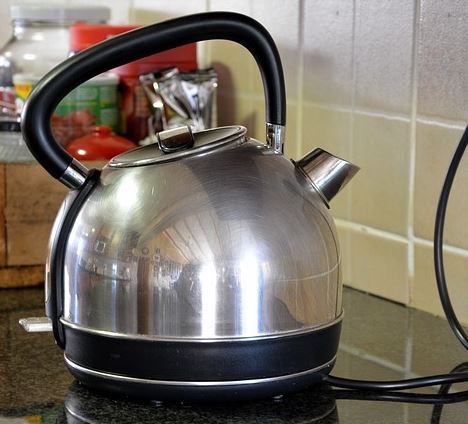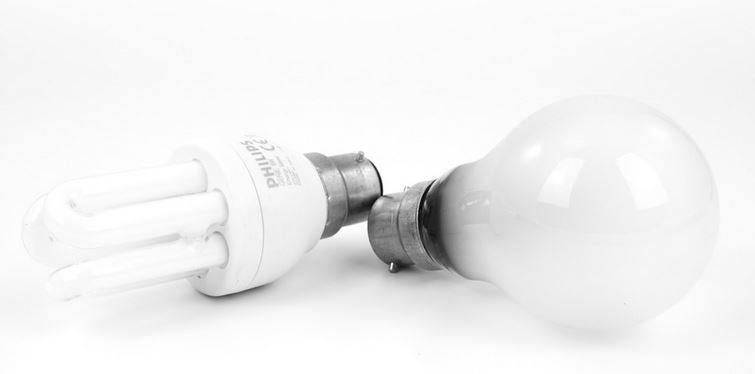 Energy Efficient Appliances. If I asked you how many miles to the gallon does your washing machine get you may well think that I was not being serious.
Energy Efficient Appliances. If I asked you how many miles to the gallon does your washing machine get you may well think that I was not being serious.
Whilst it may be metaphoric, to a household whose occupants want to be more energy efficient, it is a very serious question. Most people generally know how energy efficient their car is.
In fact, very probably, the energy efficiency of the vehicle is one of the major deciding factors that affects most transport option choices and this is considered well before anyone pulls out their credit card.
Very frequently, the energy efficiency of a vacuum cleaner or any other household appliance is not so readily scrutinised.
I continue to maintain that the most expensive kWh of electricity you will ever buy is one you never needed to pay for in the first place. The energy efficiency of the appliances in your home do impact your quarterly bill and their performance may be the reason that the Ferrari you have been saving for is just that little bit further away.
Does the collective energy efficiency of your household appliances really make that much of a difference to your household bill? Of course every household is different and therefore every household has variety of different habits, wants and needs.
Having said that, if you have a motor vehicle powered by an incredibly inefficient V8 which you use to drive around the suburbs delivering mail as part of your contracting business, then you too will incur energy expenses that you need not. Whilst that analogy may be a little extreme, the purchase of a brand new, more energy efficient vehicle, may well pay itself off in the short term and bring the day that you go down to the Ferrari dealership a little bit closer on the calendar.
Another extreme example, but this one I experienced first-hand, involved the use of 500 watt incandescence floodlights that were used in a suburban backyard. For the musicians and the techno heads out there, I’m talking about a Par 56, which uses 500 Watts per hour, every hour when they are turned on. These units generate more heat than light and there were two of them mounted on a shed and used in unison. That’s one kilowatt hour, every hour. Eventually both were replaced with a 53 watt LED, which produced the same amount of light for only 1/10th of the cost.
 Not everyone has those requirements, but many households still use bulk storage hot water systems that can be replaced with units that use only 1/4 of the energy to do the same job.
Not everyone has those requirements, but many households still use bulk storage hot water systems that can be replaced with units that use only 1/4 of the energy to do the same job.
It may not be in your best interest to race out and replace every electrical appliance you have in your home immediately.
Some appliances can wait to be replaced with more efficient ones when they fail, however some appliances, regardless of how well they may be functioning, are best replaced as soon as possible. For example, waiting for the backyard 500 watt incandescent flood lights to fail would be akin to economic suicide. Further to that, should you be someone who regularly consumes 1000 watts of electricity to light up a suburban backyard, then there may be a few other appliances that, if replaced, may reduce your electricity bill.
The #1 best way to reduce your electricity bill by around 10% regardless of whether
you rent or own and you can start implementing it tonight. The power companies
won’t tell you this one . >>>LEARN MORE>>>
The star rating shown on an electrical appliance is a good indication of how energy efficient that appliance is going to be. The amount of kilowatt hours shown on the sticker may not be indicative of what you can expect because people use equipment in such a vast variety of ways. Having energy efficient appliances is just the first step, although it is a very important step, because it’s very difficult to be an energy efficient household if every appliance you have in the house is an energy guzzler.
So, … is it worth replacing your energy inefficient appliances with more efficient ones. Well, only you can decide that and it will depend on how bad they are and how often and for how they get used. If you take the time to do an audit around the house, it may be time very well spent.
John Lynn
suburbanoffgridliving.com
